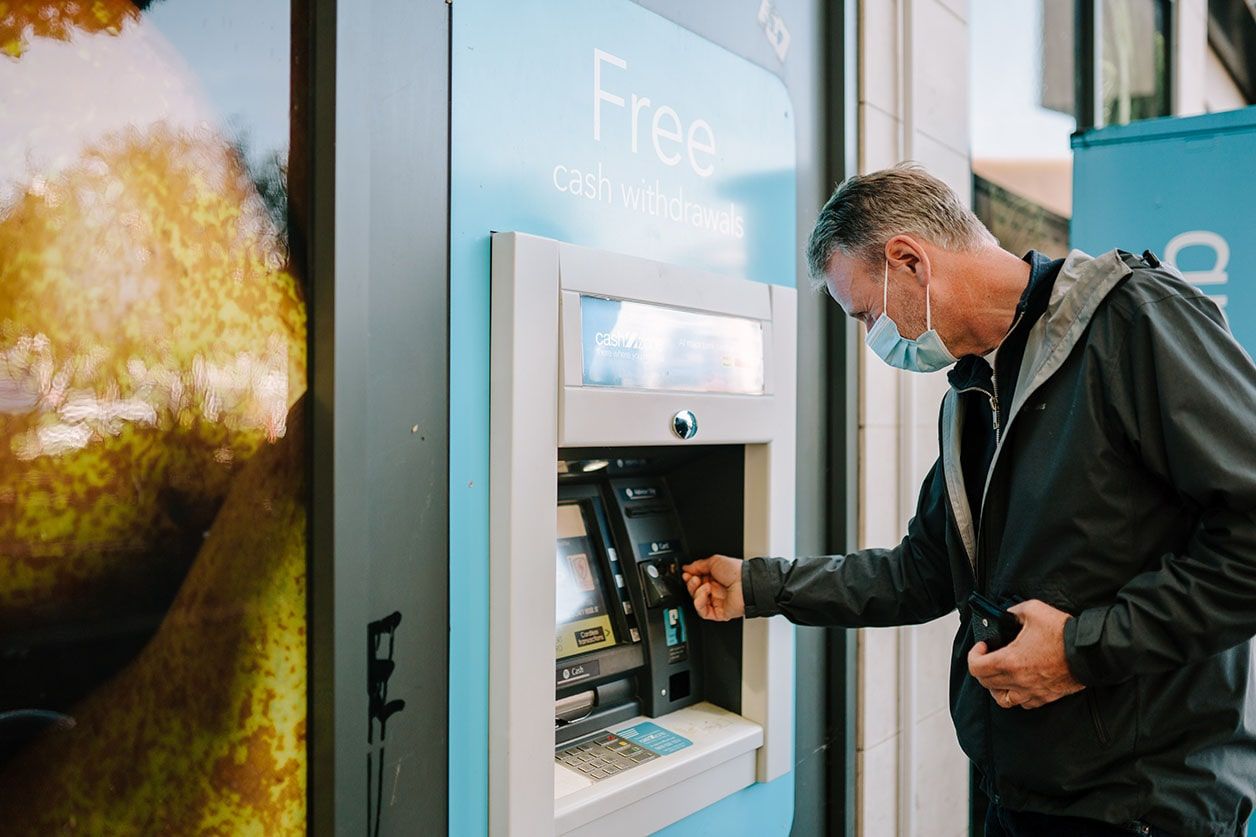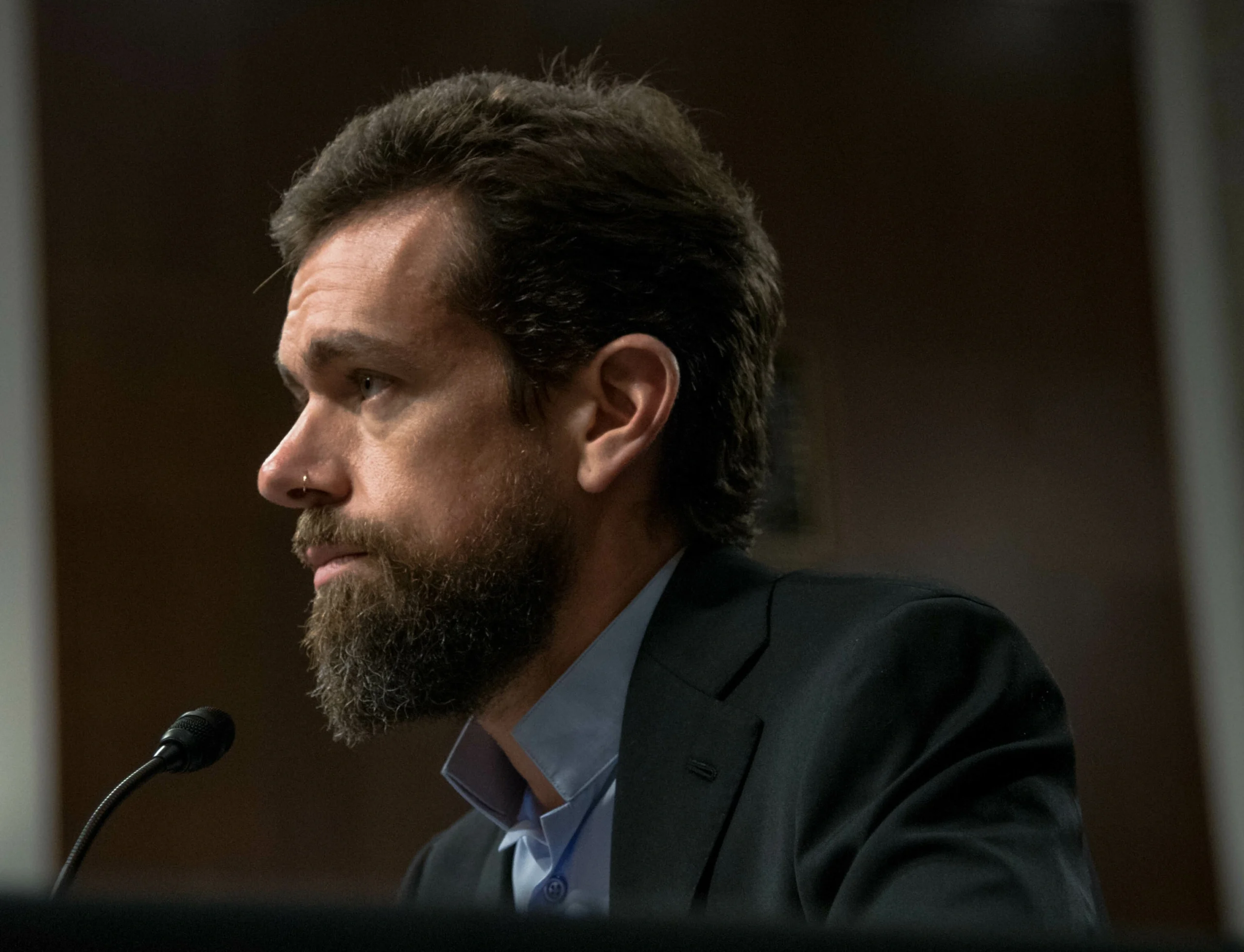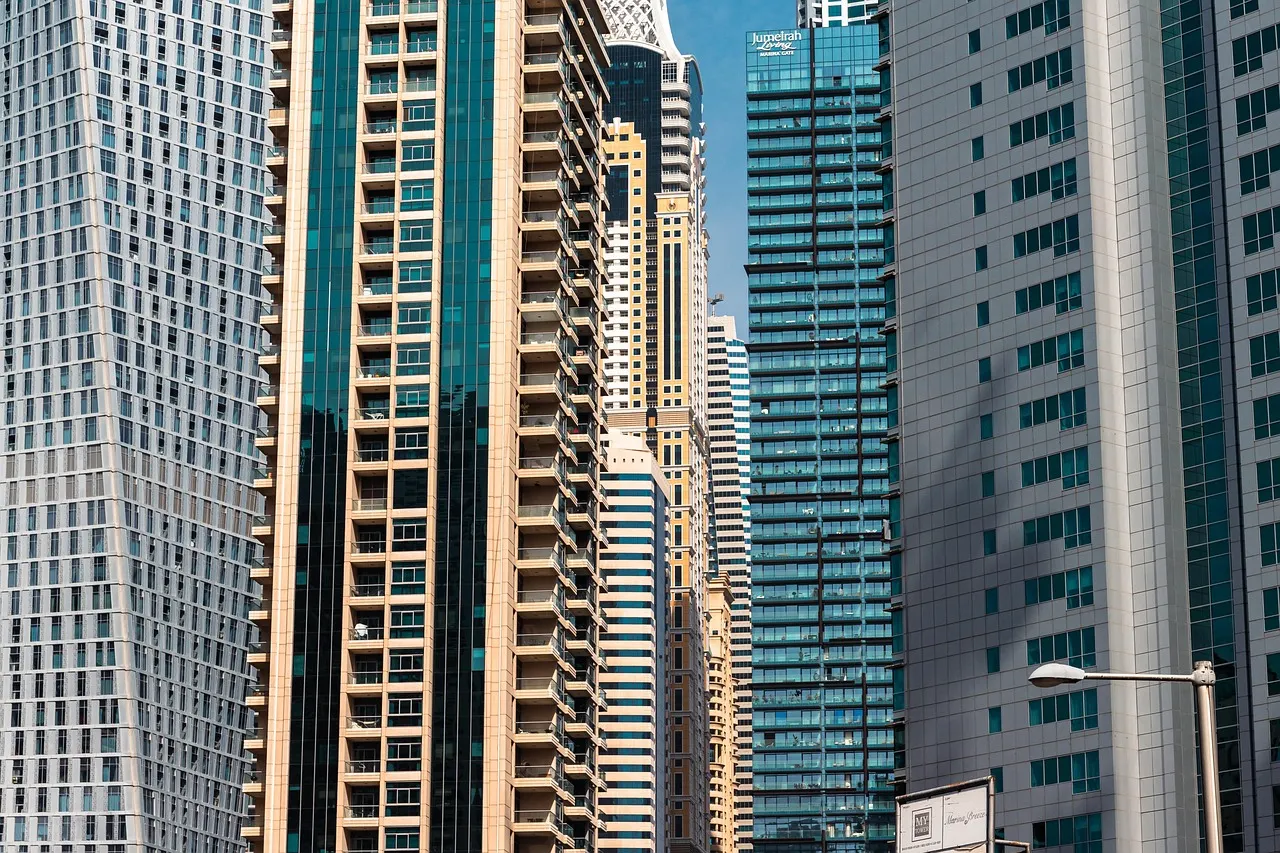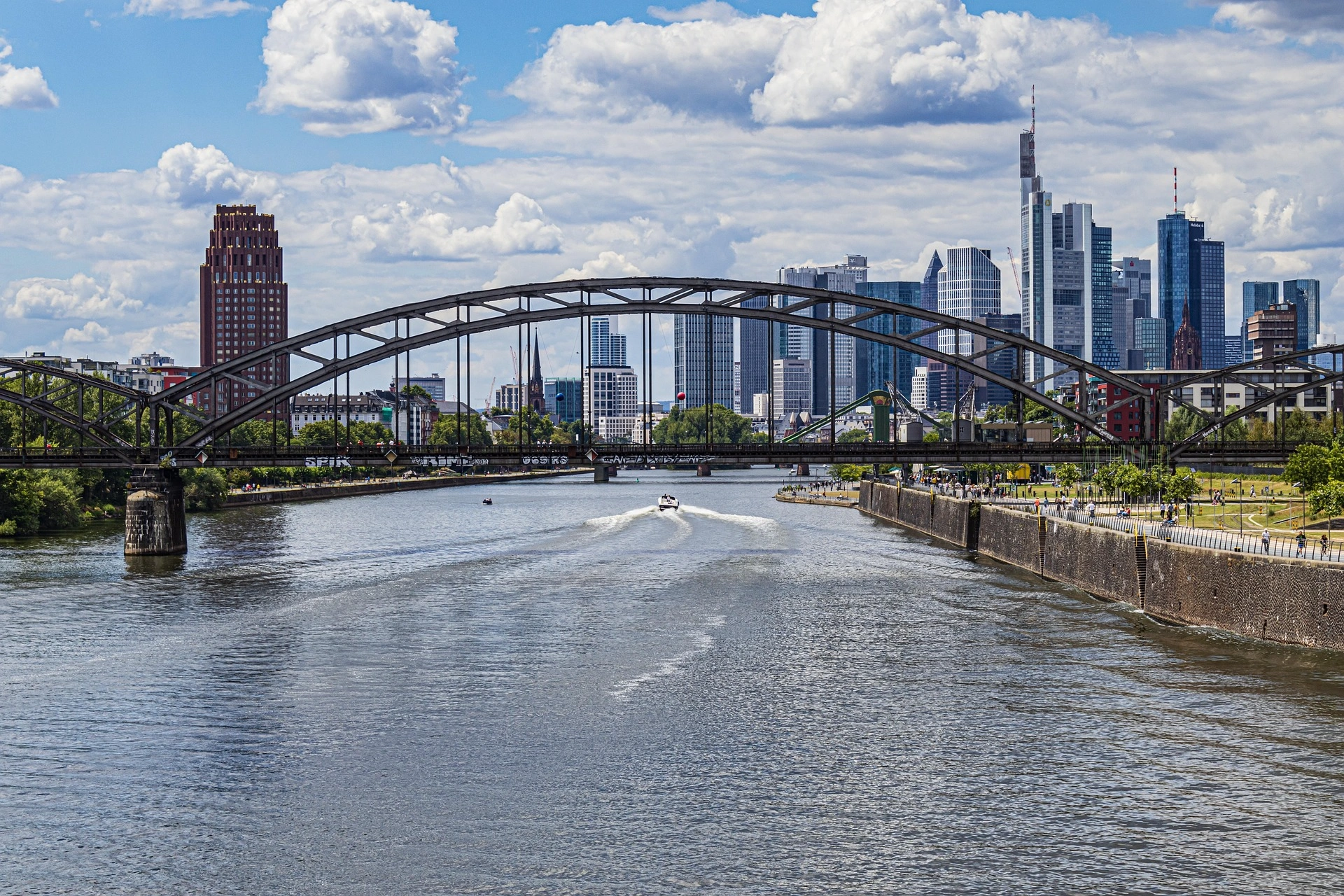Corporate world builds up fortress to isolate Russia from the international business community

John E. Kaye

Susannah Streeter, senior investment and markets analyst, Hargreaves Lansdown
“The corporate world is building up a fortress to isolate Russia from the international community. Companies around the globe are responding to Russia’s firepower with ice cold approach, freezing out Moscow from transactions, ditching financial investments worth billions. Following BP’s lead to pull out of its Russian oil partnership with Rosneft, Norway’s Equinor cancelled its investments and Shell is also abandoning its multi-billion dollar investments in Russia. The FTSE 100 has opened up in early trade, which could be seen as a vote of approval for this wave of corporate censure, with BP and Shell gaining on the open.
The US entertainment industry is now shutting out Russians from the big screen, with big blockbuster films put on hold. Warner Bros has pulled The Batman from cinemas across Russia and Walt Disney is pressing pause on premieres in the country. These moves by big movie names won’t cause financial pain to ordinary Russians, but being left out in the cultural cold will increase the country’s isolation from the West.
As some of the biggest beasts in the corporate world raise their hackles in response to Russian aggression, more companies are expected to follow suit. Concerns that Russia could retaliate by weaponising its energy exports are keeping the price of oil and gas elevated, with Brent crude still trading above $100 a barrel and UK natural gas prices at 244p a therm early on Tuesday. As the global shipping giant Maersk eyes sanctions and prepares to comply, a disruption of shipments from Russia in terms of cargo booking cancellations could send energy prices higher in the short term, without Russia turning off the taps.
It is clear that already the financial penalties being imposed has started a run on Russian banks. It’s not just ordinary citizens queuing round blocks to pull out cash, international customers are pulling out their money fast, with warnings from the European Central Bank that Russia’s biggest state-controlled lender Sberbank could collapse after shares plunged by as much as 74%.
With assets of CBR set to be frozen around the world, it will hamper Moscow’s ability to dip into its foreign currency reserves, part of the war chest it had built up, to try and insulate the country from the worst of the economic punishments. Desperate efforts by The Central Bank of Russia to stop the flight from the rouble by hiking rates by an eye watering 20% have had a limited effect, with the currency gaining some ground but bumping along at record lows.
As Russians watched their currency go into freefall, there has been a surge of purchases of Bitcoin denominated in roubles, as some speculators scramble to insulate themselves from the crisis. Bitcoin has risen 14% since sanctions were imposed and is clearly facing local demand in catastrophic times, but these are small pockets of demand as more widely across the world, Bitcoin hasn’t been the equivalent of digital gold which crypto fans had hoped for.
Because of its fixed supply Bitcoin had been hyped as a potential safer haven in times of higher inflation and market volatility, but crypto assets have been shown to be highly sensitive to the fortunes of the stock market and were propelled higher in an era of ultra cheap money. As conflict in Ukraine looks set to be yet another inflationary driver, there is fresh speculation that central banks could be forced into more unexpected monetary policy moves, with an acceleration of rate hikes potentially on the cards. With huge uncertainty around how deep the Ukraine conflict could go and what ripple effects there could be in financial markets, crypto assets are likely to continue to be highly volatile.”
RECENT ARTICLES
-
 BrewDog collapses into administration as US cannabis group Tilray buys UK business for £33m
BrewDog collapses into administration as US cannabis group Tilray buys UK business for £33m -
 Government consults on social media ban for under-16s and potential overnight curfews
Government consults on social media ban for under-16s and potential overnight curfews -
 Twitter co-founder Jack Dorsey cuts nearly half of Block staff, says AI is changing how the company operates
Twitter co-founder Jack Dorsey cuts nearly half of Block staff, says AI is changing how the company operates -
 Brisbane named world’s best city to raise a family, with London second
Brisbane named world’s best city to raise a family, with London second -
 Hornby sells iconic British slot-car brand Scalextric for £20m
Hornby sells iconic British slot-car brand Scalextric for £20m -
 WPSL targets £16m-plus in global sponsorship drive with five-year SGI partnership
WPSL targets £16m-plus in global sponsorship drive with five-year SGI partnership -
 Dubai office values reportedly double to AED 13.1bn amid supply shortfall
Dubai office values reportedly double to AED 13.1bn amid supply shortfall -
 €60m Lisbon golf-resort scheme tests depth of Portugal’s upper-tier housing demand
€60m Lisbon golf-resort scheme tests depth of Portugal’s upper-tier housing demand -
 2026 Winter Olympics close in Verona as Norway dominates medal table
2026 Winter Olympics close in Verona as Norway dominates medal table -
 Europe’s leading defence powers launch joint drone and autonomous systems programme
Europe’s leading defence powers launch joint drone and autonomous systems programme -
 Euro-zone business activity accelerates as manufacturing returns to expansion
Euro-zone business activity accelerates as manufacturing returns to expansion -
 Deepfake celebrity ads drive new wave of investment scams
Deepfake celebrity ads drive new wave of investment scams -
 WATCH: Red Bull pilot lands plane on moving freight train in aviation first
WATCH: Red Bull pilot lands plane on moving freight train in aviation first -
 Europe eyes Australia-style social media crackdown for children
Europe eyes Australia-style social media crackdown for children -
 These European hotels have just been named Five-Star in Forbes Travel Guide’s 2026 awards
These European hotels have just been named Five-Star in Forbes Travel Guide’s 2026 awards -
 McDonald’s Valentine’s ‘McNugget Caviar’ giveaway sells out within minutes
McDonald’s Valentine’s ‘McNugget Caviar’ giveaway sells out within minutes -
 Europe opens NanoIC pilot line to design the computer chips of the 2030s
Europe opens NanoIC pilot line to design the computer chips of the 2030s -
 Zanzibar’s tourism boom ‘exposes new investment opportunities beyond hotels’
Zanzibar’s tourism boom ‘exposes new investment opportunities beyond hotels’ -
 Gen Z set to make up 34% of global workforce by 2034, new report says
Gen Z set to make up 34% of global workforce by 2034, new report says -
 The ideas and discoveries reshaping our future: Science Matters Volume 3, out now
The ideas and discoveries reshaping our future: Science Matters Volume 3, out now -
 Lasers finally unlock mystery of Charles Darwin’s specimen jars
Lasers finally unlock mystery of Charles Darwin’s specimen jars -
 Strong ESG records help firms take R&D global, study finds
Strong ESG records help firms take R&D global, study finds -
 European Commission issues new cancer prevention guidance as EU records 2.7m cases in a year
European Commission issues new cancer prevention guidance as EU records 2.7m cases in a year -
 Artemis II set to carry astronauts around the Moon for first time in 50 years
Artemis II set to carry astronauts around the Moon for first time in 50 years -
 Meet the AI-powered robot that can sort, load and run your laundry on its own
Meet the AI-powered robot that can sort, load and run your laundry on its own



























